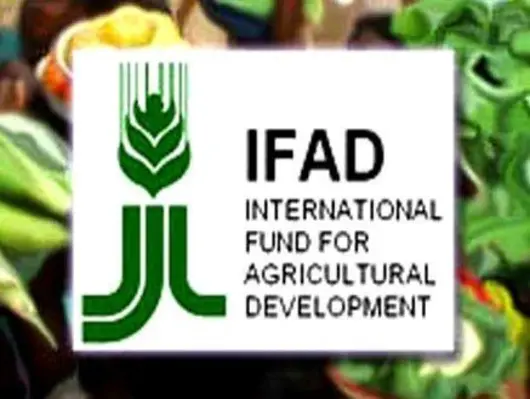While the financial crisis still casts a shadow over many countries, the benefits of South-South cooperation are setting the stage for sustainable development.
Commenting on the occasion of the United Nations International Day for South-South Cooperation, Thomas Elhaut, Director for Statistics and Studies for Development, Strategy and Knowledge Management at the International Fund for Agricultural Development (IFAD), said, “Development agencies and policymakers must seek ways to extend and sustain rapid expansion of South-South trade and investment flows in pursuit of lasting development gains. Creating policy space for government action and regional policy co-ordination is crucial.”
Until recently, South-South cooperation consisted primarily of sharing technical developments, ranging from improving livestock breeds and health, to food processing technologies to more efficient water use. Today, in addition to exchanges at the technical level, it involves dialogue on regional policy coordination and other government actions that are crucial to achievement of global development goals.
Being both donors and recipients of aid, middle-income countries have a unique perspective on the development process. Their increasing importance has been recognized by the recent High Level Forum on Aid Effectiveness in Busan, South Korea, where government leaders identified South-South cooperation as vital in the international development architecture.
Food insecurity is especially severe in the southern hemisphere, affecting around 95 per cent of the women and men living in South Asia or sub-Saharan Africa. Agricultural technologies and knowledge that have helped middle-income countries like China, Brazil and India to boost their development can be valuable for smallholder farmers in other countries with similar challenges.




